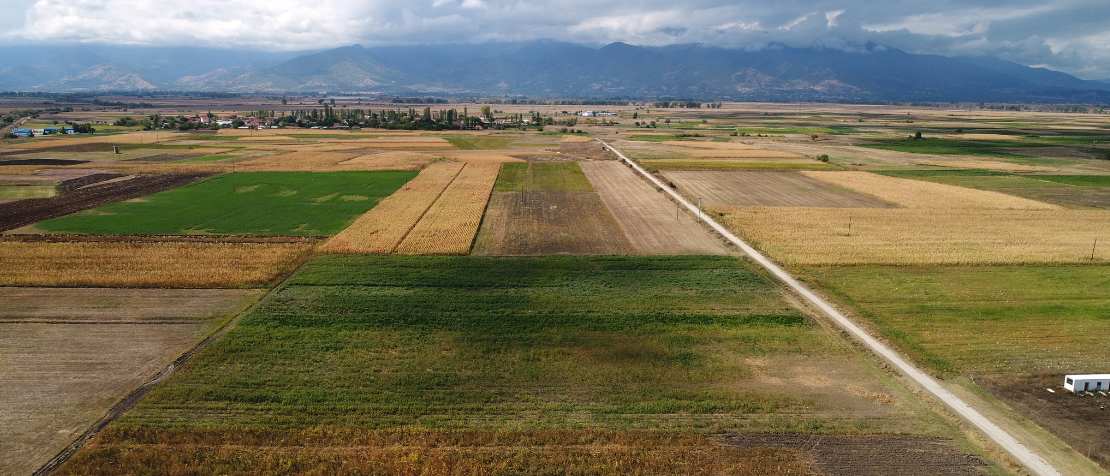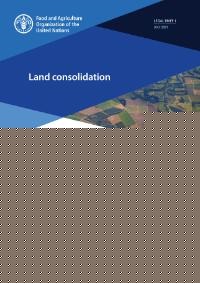Better land policy and management on the horizon for Montenegro

©FAO
Agricultural land is where food production starts; if managed well, it can boost rural economies. This is especially true for countries that are scarce of arable land. With this in mind, Montenegro has turned to the Food and Agriculture Organization of the United Nations (FAO) for support. A new project now in full swing is helping the country in formulating its new land policy, improving the management of state land, and piloting land consolidation.
Specifically, FAO provides its expertise to Montenegro for the revision of the 1992 Law on Agricultural Land to ensure the protection and sustainable management of agricultural land, and aims to establish the legal basis for land consolidation. The adoption of the draft law, expected by the end of the year, will open the door in general for a better land management as well as for the implementation of land consolidation projects that will transform farm structures to the benefit of family farms.
The overall goal is to better align the legal and regulatory framework of land governance with the country’s objectives and enhance the potential of the agricultural sector. The project will also strengthen institutional capacities to manage state land efficiently and to design and implement land consolidation projects.
FAO provides the country with practical training and tools to adapt its work plans and procedures based on emerging risks and evolving priority needs. A participatory approach, where all relevant sectors and actors are represented, is key in all the project’s activities.
All activities of this project, including the policy recommendations will be in line with the Voluntary Guidelines on the Responsible Governance of Tenure of Land, Fisheries and Forests in the Context of National Food Security (VGGT), and will aim to promote secure tenure rights, gender equality, and support the broader development of small family farms.
Redesigned land parcels for more efficiency and addressing land abandonment
Montenegro’s agriculture is characterized by traditional production and small-scale holdings. Arable agricultural land is a crucial and scarce resource, but it is under significant pressure. Land abandonment is for several interconnected reasons widespread with a demographic trend of outmigration to urban centers by youth who are choosing the security of employment in cities rather than taking up agriculture. Rural development and the productivity and efficiency of smallholder farming is greatly limited by the highly fragmented and relatively small land plots. And here is where land consolidation can play a role.
“Land consolidation is a legally regulated procedure in which the needs and experience of farmers is taken into consideration in the process of designing a new layout for their land parcels,” explains Morten Hartvigsen, FAO Land Tenure Officer. “Land consolidation projects can bring multiple positive benefits, including an increase in the farms’ economic efficiency and bring abandoned agricultural land back into production. This again will contribute to strengthened local food production and in this way the food security.”
Hartvigsen was part of an expert team visiting rural areas of Montenegro to prepare the land consolidation initiative. An area of 430 hectares in southeastern Montenegro has been identified for a pilot, where preparations have already begun to develop a feasibility study on land consolidation. The over 700 landowners of the area near Mataguzi and Vranj villages are involved to provide information on the existing land tenure and farm structure situation, farming activities, interest in participation in the project, and their plans with the land plots.
Empowering smallholders, family farms and youth through inclusive rural transformation, digitalization and innovation in Europe and Central Asia
Publication: Legal guide on land consolidation. Based on regulatory practices in Europe
Voluntary Guidelines on the Responsible Governance of Tenure of Land, Fisheries and Forests in the Context of National Food Security
LANDNET workshop focuses on land banking and land consolidation issues
Related publication

